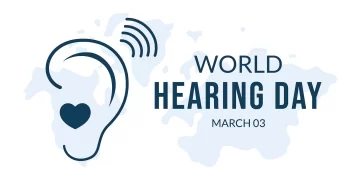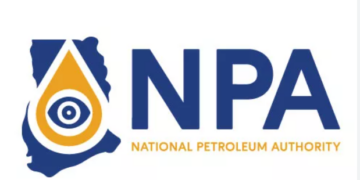The Electronic Transfer Levy (E-Levy) and COVID-19 Levy are among the top five taxes hurting businesses, according to a 2024 Pre-Budget Survey conducted by auditing and accounting company KPMG and the United Nations Development Programme.
The present tax situation, according to poll respondents, is having a negative impact on their enterprises.
Indeed, they listed numerous levies as areas where changes may possibly relieve the constraints encountered by firms, including the E-levy (76%), COVID-19 Levy (68%), Import Tariffs (68%), Petroleum Levy (62%), and growth and sustainability levy (51%).
Respondents also proffered the following top three recommendations, aimed at augmenting tax revenues and fostering fiscal savings.
Read Also: Bawumia to win NPP flagbearership race – Poll predicts
They include extending the income base as soon as possible, rationalising government expenditure, and carefully scrutinising a number of the administration’s key programmes, such free SHS.
They said that although removing some of these taxes or lowering tax rates would at first result in less tax revenue, these actions are anticipated to have a positive impact on expenditure and consumption, which will ultimately result in more tax revenue.
Businesses call for review of Free SHS
The Free Senior High School project, they said, had effectively increased secondary school enrollment and would generate a trained workforce.
The financial load on the government, however, is significant, adding, “We suggest revising the policy to allow financially able parents to contribute to the cost of SHS education while ensuring continued free access for needy students.”
Companies are pushing for simplified business registration processes from the government.
Regarding businesses and regulatory reforms, the companies expressed their opinion that the government should keep streamlining and digitising the business registration and licencing procedure.
In addition, the government ought to establish a cheap and sustainable capital pool for MSMEs. The government may also expand programmes that incentivize banks to support MSMEs by distributing risk.



























